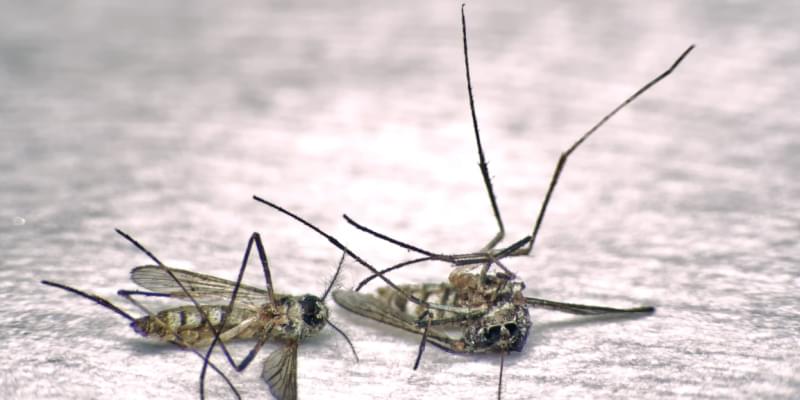As the weather becomes warmer, many of us eagerly anticipate spending more time outdoors in our yards. Unfortunately, one persistent nuisance that often accompanies this season is the presence of mosquitoes. These tiny, blood-sucking insects can quickly turn a pleasant outdoor experience into an itchy nightmare. If you're wondering why you seem to have a mosquito problem in your yard, several factors could contribute to their presence. We will explore some common reasons mosquitoes thrive in certain environments and discuss ways to mitigate this.
Standing Water
Mosquitoes require standing water to breed and reproduce. Even the tiniest amounts of stagnant water can serve as ideal breeding grounds for these pests. Common sources include birdbaths, clogged gutters, flower pots, and even discarded containers like cans or buckets. To reduce mosquito populations, it's crucial to regularly inspect your yard for any stagnant water and eliminate it. Emptying and refreshing pet water bowls, ensuring proper drainage, and keeping your swimming pool well-maintained are essential steps to take.
Overgrown Vegetation
Mosquitoes seek shelter and rest in dense vegetation during the day. Tall grass, bushes, and overgrown plants provide them with cool and shady spots to hide. By keeping your yard well-maintained and regularly trimming vegetation, you can reduce mosquito hiding places. Additionally, consider planting mosquito-repelling plants such as citronella, lavender, and marigold, which can help deter mosquitoes from your yard.
Lack of Air Circulation
Mosquitoes are weak fliers and prefer calm still air. If your yard lacks proper air circulation, it creates an ideal environment for mosquitoes to linger. Tall fences, dense foliage, and structures that block wind can contribute to this problem. Enhancing air movement by strategically placing fans or installing wind chimes can disrupt their flight patterns and discourage them from staying in your yard.
Lighting
Believe it or not, mosquitoes are attracted to certain types of lighting. Incandescent, halogen, and fluorescent lights emit wavelengths that mosquitoes find appealing. If you have outdoor lights near seating areas or entrances, consider switching to LED lights, which emit less attractive wavelengths for mosquitoes. Additionally, installing yellow bug lights or using citronella candles can help reduce mosquito activity in specific areas.
Climate and Geography
Mosquitoes thrive in warm and humid climates. If you live in an area with high humidity, abundant rainfall, or close proximity to bodies of water, you're more likely to experience a mosquito problem. Certain geographical regions, such as those with marshes or wetlands, provide ideal breeding habitats for mosquitoes. While you may not be able to control these factors, you can take preventive measures to minimize mosquito activity, such as using mosquito netting, wearing protective clothing, and applying insect repellent when spending time outdoors.
Dealing with a mosquito problem in your yard can be frustrating, but understanding the factors that contribute to their presence can help you take appropriate action. Remember to protect yourself and your family by using effective mosquito repellents and wearing appropriate clothing when outdoors. With these proactive measures, you can create a more enjoyable and mosquito-free environment in your yard throughout the summer months. And if you need extra help, please call Trio Pest Control. We can help you enjoy the great outdoors again!
